Processed foods are now clearly associated to salt, pesticides, additives, fats and hidden sugars, but many people continue to consume them. In a recent article, the French magazine “60 million consumers” attacks the daily foods that contain these poisonous elements.
Obviously, it’s essential to eliminate them from your diet and choose their right alternatives.
The magazine has focused on ultra-processed foods – which are low in nutrients and high in sugars, fat and additives – that accounts for 25-50% of calorie intake in developed countries today. The National Institute of Consumer Affairs, who publishes the magazine, in this new investigation, denounces certain foods that were considered harmless until now.
To know what you consume, nothing is more effective than breaking down a product label. Because, like sugar in salted products, salt is sometimes added in sweet products too – especially when fat is used to replace a prohibited ingredient. Packaging can mislead us into purchasing a potentially harmful product, which is why we must remain vigilant while shopping. ‘60 million consumers’ lists and reviews the main categories of products to be banned and offers healthier alternatives for them. However, it’s worth noting that not all brands use the same practices and that each product has its own composition.
1. Deli meats

What is criticized: the presence of nitrites
Processed pork products often contain nitrates or nitrites – one among the category of elements to proscribe, according to the list provided by ‘60 million consumers’. In addition to this, meats often contain too much fat (some recipes have up to 45 g of fat per 100 g of product).
How to choose the right product?
It is difficult to find pork products that do not contain nitrites. It’s better to not rely on a package that advertises less or no nitrites. It is always a good idea to look at the list of ingredients to find out what they are replaced with (nitrites of vegetable origin, or “aroma” natural “unspecified). Finally, one must keep a vigilant watch on the fat content in this type of products.
2. Ketchup
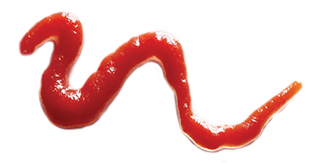
What is criticized: too much sugar
“70% of the sugars are added and hidden,” according to the magazine. Therefore, it becomes difficult to identify these harmful intruders – like fructose, dextrose or maltodextrin – especially in salted products, where they are least expected to be found. Ketchups may contain up to 22 grams of sugar per 100 grams, or about three pieces of sugar cubes per serving.
How to choose the right product?
The carbohydrate content is the most important information to look out for knowing that these industrial sauces contain more of sugar than tomatoes – the desired ingredient.
3. Dehydrated instant noodles
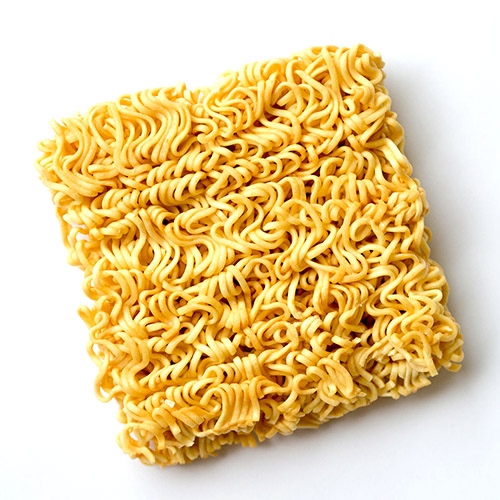
What is criticized: the number of additives and marketing
Some instant noodle brands boast of recipes rich in dried vegetables but lists that the plant content as less than 1% on the ingredients list. The fact is that a multitude of additives – some of which are in the list of additives to avoid according to ‘60 million consumers’ – take over to give a particular texture and taste to the recipe.
How to choose the right product?
The label remains our most faithful guide. Before buying a product, make sure that the brand has not abused the usage of additives in it. Some brands use natural solutions – like mix of spices, natural flavors – to flavor their dehydrated recipes. Their products are definitely healthier than that of others.
4. “-free” products: sugar-free or gluten-free
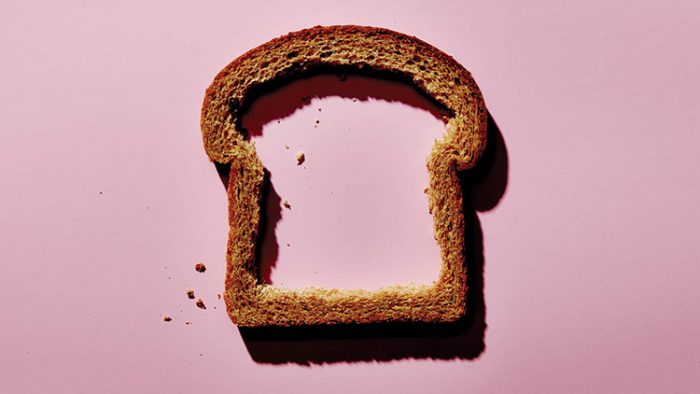
What is criticized: their low quality compared to conventional products
Although many products are labeled as “low-fat” or “gluten-free, it is hardly a guarantee of good quality. Decreasing the amount of one ingredient often insinuates the increase of another, or even the addition of additives. Less sugar? More fat. Less salt? More sugars. And it works the same way for gluten-free products too.
How to choose the right product?
If the packaging advocates the decrease in the quantity of an ingredient, it must be ensured that it is not compensated with harmful quantities of another- especially additives. While choosing Gluten-free products, you must look for an official logo of the French Association of Gluten Intolerance (Afdiag) – an organization that authenticates the safety of such products for consumption.
5. Diet soft drinks
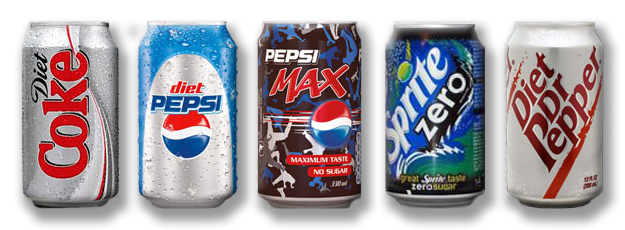
What is criticized: the addition of harmful additives
Although they boast of countering the reproaches made towards the classic sodas by displaying “zero sugar”, the problem with diet sodas are the added additives in them which – according to ‘60 million consumers’ – can be injurious to health The magazine has three such ingredients in its list, which are used by two famous brands – especially to keep their sugar addicted consumers happy.
How to choose the right product?
“Zero sugar” sodas often contain the additive E150d, which is a carcinogenic. Two other harmful sweeteners to watch out for are: acesulfame K and aspartame, because they are used in a lot of highly consumed products (although the studies contradict one another).
6. Vegan products
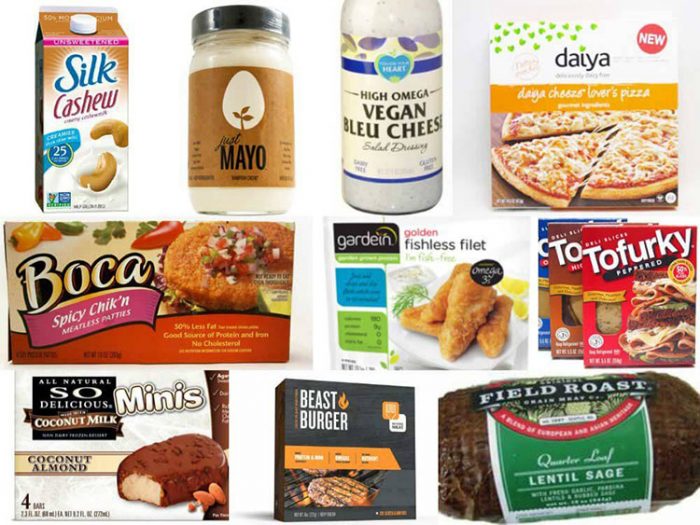
What is criticized: the number of additives
Some vegan products are composed of several ingredients that are useless to their basic composition, with the sole purpose of making them look like a classic product. In addition to additives, there are also other ingredients – which when added – increases the level of fat or salt in them.
How to choose the right product?
It is no longer a secret: the good practice is to scrutinize the product labels and ensure that there are no unnecessary harmful additives. The levels of salt and fat must also be looked into. Some products say “vegan” on the package, but may contain traces of dairy products or eggs. Hence, it is important to carefully check the composition of the product.
7. Fruit yogurts
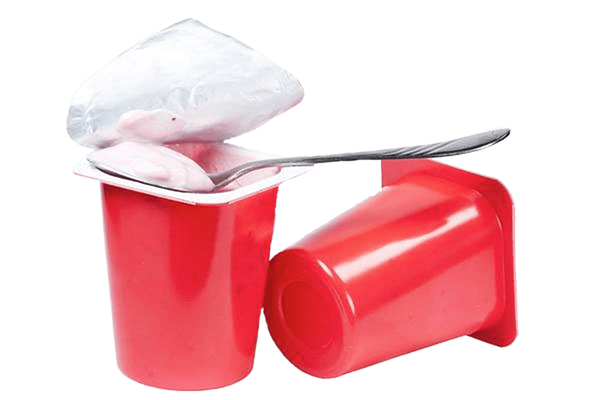
What is criticized: the multitude of additives in them
Fruit yogurts, with or without fruit pieces, sometimes contain up to twelve harmful additives. In most cases, they are used as colorants (E1), thickeners (E4), acidity correctors (E5) or preservatives (E2).
How to choose the right product?
Additives are, according to law, prohibited in yogurt. Those present in the fruit recipes are added through the preparations outside the dairy. It is therefore advisable to turn to the most neutral products available. To bring about the fruity flavor, why not decorate plain yogurt with a spoon or two of homemade jam?
8. The stock cubes
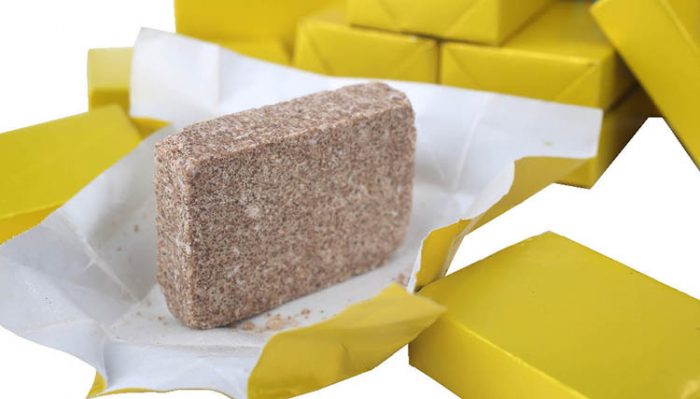
What is criticized: too much salt in them
“80% of the salt ingested by the French would come from processed foods,” according to ‘60 million consumers’. Like prepared foods, dehydrated cubes contain a high and unexpected amount of salt. In general, only half a cube of dehydrated broth is enough to cover 20% of the maximum recommended dosage by WHO.
How to choose the right product?
In addition to their basic composition, these condiments contain additives like (monosodium glutamate and guanylate, and disodium inosinate) that enhance its salty taste. In addition, monosodium glutamate is another additive we should avoid according to the magazine.
The important thing is to read the labels correctly. While choosing stock cubes, stay away from the ones that contain additives like flavor enhancers (E6) and sugar. Table salt is always a better option for seasoning as it allows us to keep track and easily regulate our salt intake.
9. Cocoa powder
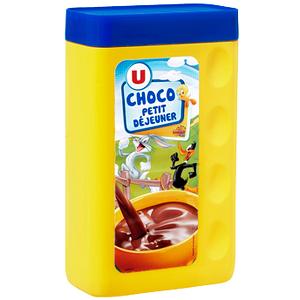
What is criticized: the amount of sugar and marketing
“A full and balanced breakfast for kids” remains the #1 selling point for breakfast products, including chocolate powder. However, these cereals often contain very high amounts of sugar (86% in some cases) which leaves no place for the chocolate itself.
How to find the right product?
When it comes to nutrition of ourselves and our loved ones, we can’t just rely on a product’s packaging. We have to be interested in what it contains and especially the order in which they are listed in the ingredients list. The higher the ingredient is stated, the more of it is present in the recipe. According to a study conducted by ‘60 million consumers’, a single 200ml bowl of certain cocoa powders would be sufficient to exceed the MHO-recommended daily sugar intake limit for an adult.
10. Breakfast Cereals
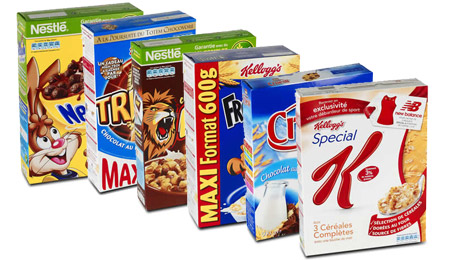
What is criticized: the high fat content
While breakfast cereals are known to be too sweet, they can also be quite rich in fat. And the observation is the same for the cereal bars that are had for tea. The lipid content varies on average between 15 and 20 g per 100 g of product. Industrial bread, often used by the consumer as a substitute for white bread, are also not good for health. A slice of such bread can be up to 50% saltier than a 25g packet of chips, according to the magazine.
How to choose the right product?
It is best to limit the consumption of these products. Glucose-fructose syrup recipes, highly controversial and widely used in the agri-food industry, should be avoided whenever possible. You should also pay close attention to the carbohydrate and fat content in them.
The WHO and The International Agency for Research on Cancer have classified processed meat as a carcinogen. (learn more here).
Processed foods are mostly foods with poor nutritional quality, manufactured unscrupulously by companies for profit. Let’s not forget that most of these products, if homemade, can be harmless and maybe even good for you! The moral of the story: We need not deprive ourselves of what we like to eat on account of our health, if we only cook more at home!
Discover our DETOX range, that helps the body to clean himself, providing a lot of benefits for your health and weight :
> LEARN MORE ABOUT HOW OUR DETOX TEA CURE CAN HELP


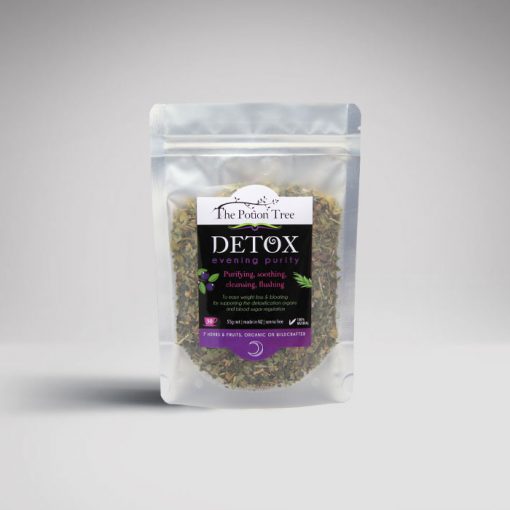
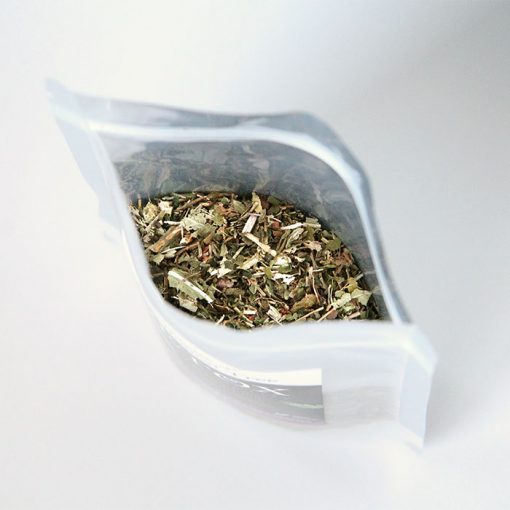
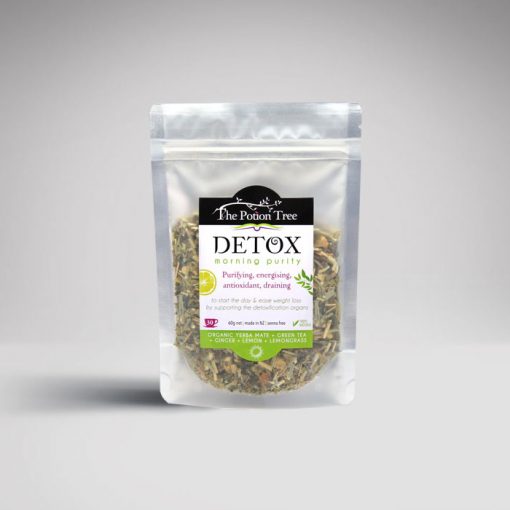
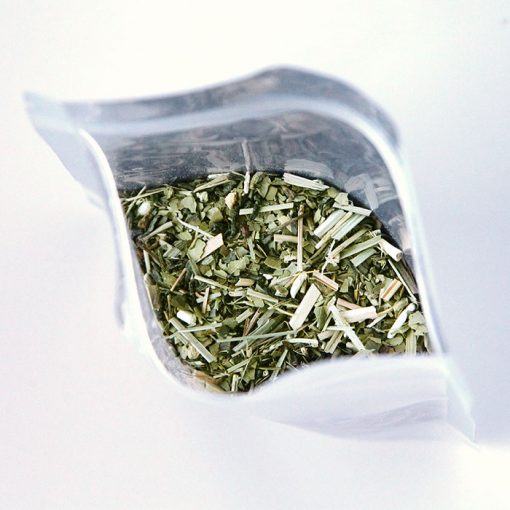
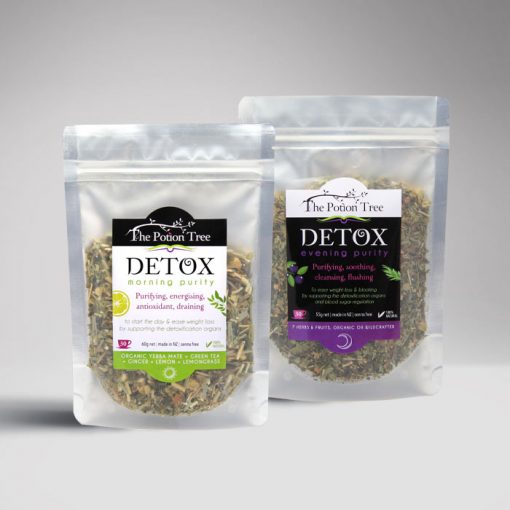
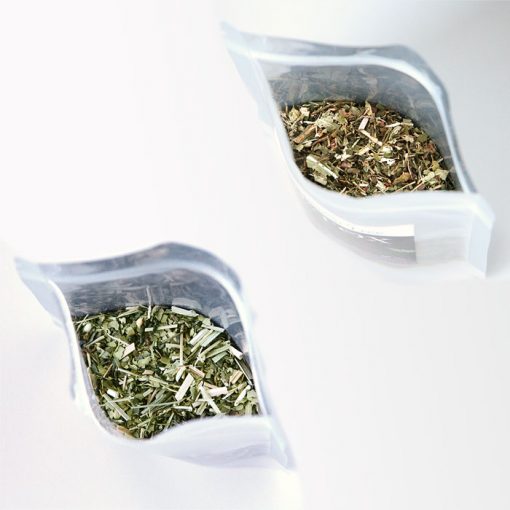
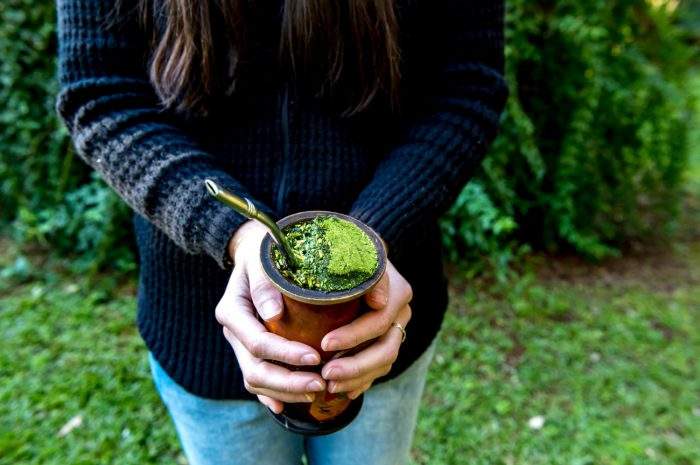

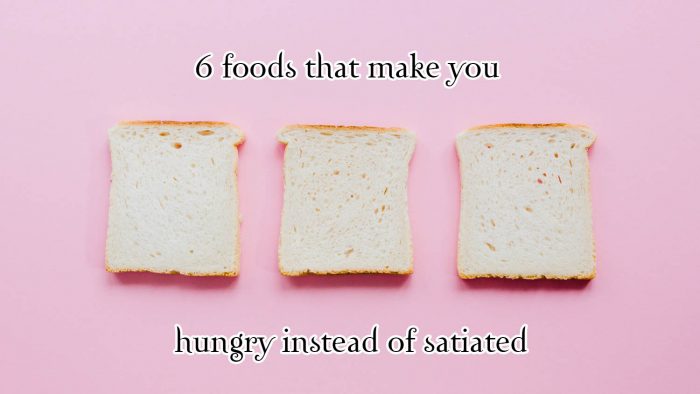

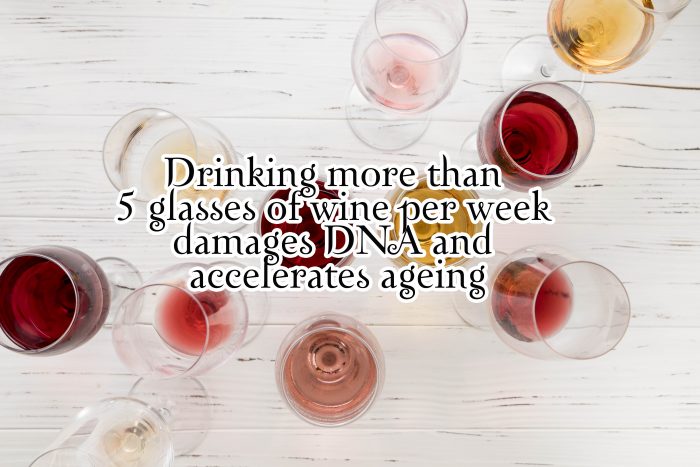





Hello
Do you sell the empty tea bags?
Hello Caroline, yes you can find our compostable empty tea bags here 🙂
Pingback: Senna, this natural but worrying ingredient that you will not find in our Detox Teas - The Potion Tree